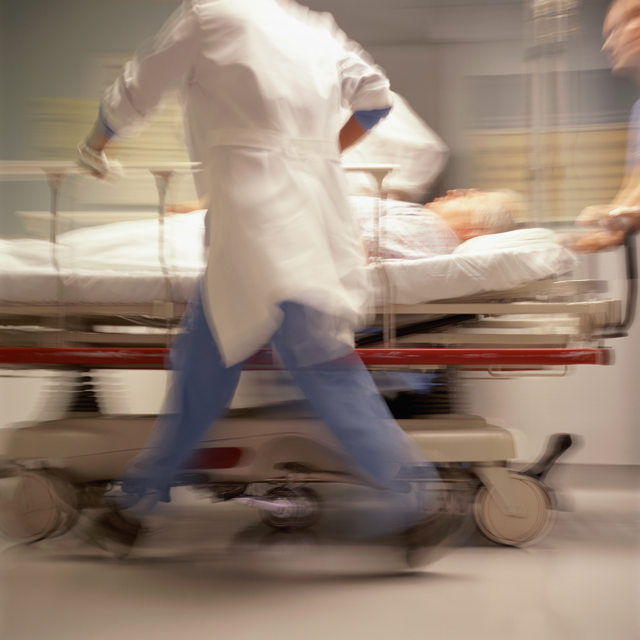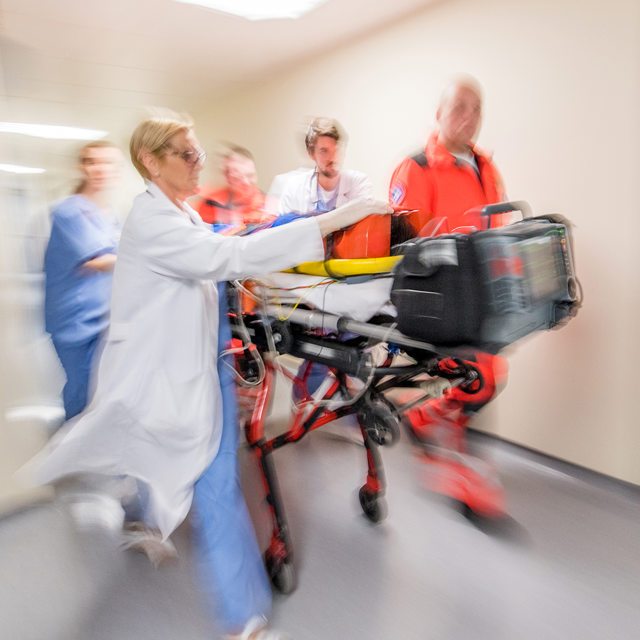
Stroke Care
Pennsylvania Primary Stroke Center
Penn Highlands Healthcare offers expert community stroke and rehab care throughout our Central Pennsylvania health system. Our primary stroke centers in DuBois and Monongahela Valley have been recognized by the Joint Commission and the American Heart Association/American Stroke Association for having dedicated stroke units staffed by experts providing specialized care.
Pennsylvania Primary Stroke Center
Penn Highlands Healthcare has two Pennsylvania primary stroke centers, one in DuBois and the other in Mon Valley. In addition to having a dedicated stroke program with specially trained stroke teams, our Pennsylvania Primary Stroke Centers in DuBois and Mon Valley involve stroke patients in their care and follow rigorous data tracking standards, among other metrics, that have been shown to lead to better outcomes for stroke patients. Penn Highlands Elk is designated an Acute Stroke Ready Certified Center for its dedicated stroke program and Penn Highlands Connellsville is in the process of becoming an Acute Stroke Ready Certified Center.
All Penn Highlands stroke centers work in close collaboration with the University of Pittsburgh Medical Center (UPMC). Every Penn Highlands Stroke Center uses Viz.ai, an artificial intelligence program that provides advanced notification of a suspected hemorrhagic or ischemic stroke, drastically reducing the time between the start of symptoms and treatment – critical time that helps reduce impact on the brain and long-term recovery.
All of the hospitals in the Penn Highlands Healthcare system are prepared to treat strokes in a fast and medically-appropriate manner.
The Primary Stroke Center at Penn Highlands DuBois is:
- 2022 Get with the Guidelines®-Stroke GOLD PLUS
The Primary Stroke Center at Penn Highlands Mon Valley is:
- 2022-2023 The Joint Commission Advanced Primary Stroke Center Certification
- 2021 One of America’s Best Hospitals Stroke Center – Women’s Choice Award
- 2021 Get With the Guidelines Stroke Quality Achievement Award – American Heart Association/American Stroke Association
- 2020 Get With the Guidelines – Stroke Gold Plus Quality Achievement Award With Target: Stroke Honor Roll Elite – American Heart Association/American Stroke Association
Penn Highlands Elk is an Acute Stroke Ready Certified Hospital:
- 2022 Get With The Guidelines® — Stroke Gold Plus Award

Emergency Medicine
Emergency Department - Connellsville
Emergency Department and Trauma Center- DuBois

Emergency Medicine
Emergency Department - Clearfield
Emergency Department - Huntingdon
Emergency Department - State College
Emergency Department and Trauma Center- DuBois
Emergency Department- Tyrone

Emergency Medicine
Emergency Department - Connellsville
Emergency Department - Mon Valley



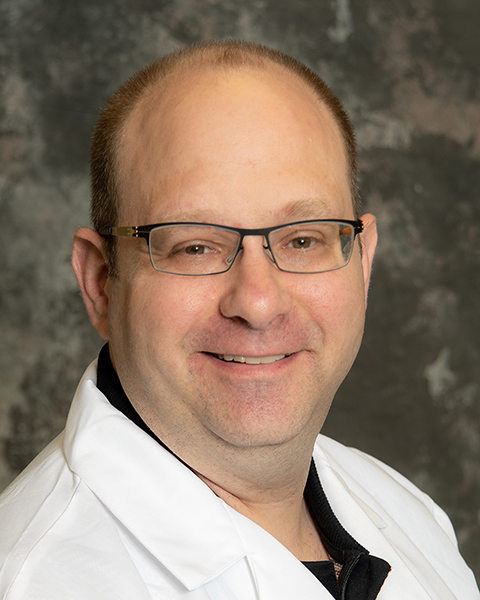

Emergency Medicine
Emergency Department - Elk
Emergency Department and Trauma Center- DuBois


Emergency Medicine
Emergency Department - Clearfield
Emergency Department and Trauma Center- DuBois
Huntingdon Emergency Group PC
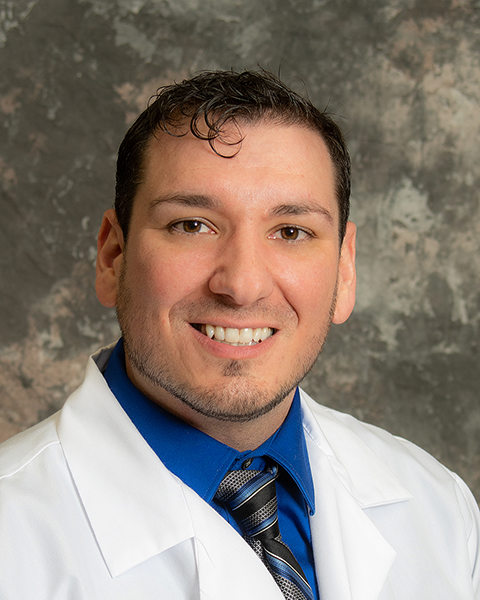
Emergency Medicine
Emergency Department - Clearfield
Emergency Department - State College
Emergency Department and Trauma Center- DuBois
Emergency Department- Tyrone


Emergency Medicine
Emergency Department - Brookville
Emergency Department - Clearfield
Emergency Department - Elk
Emergency Department and Trauma Center- DuBois
Emergency Department- Tyrone



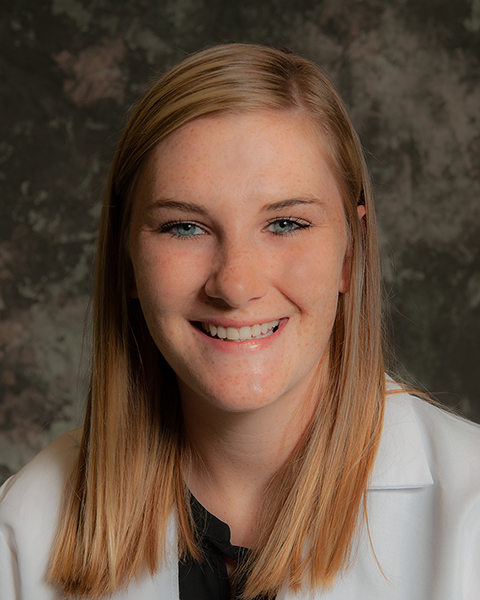
Emergency Medicine
Emergency Department - Clearfield
Emergency Department - Elk

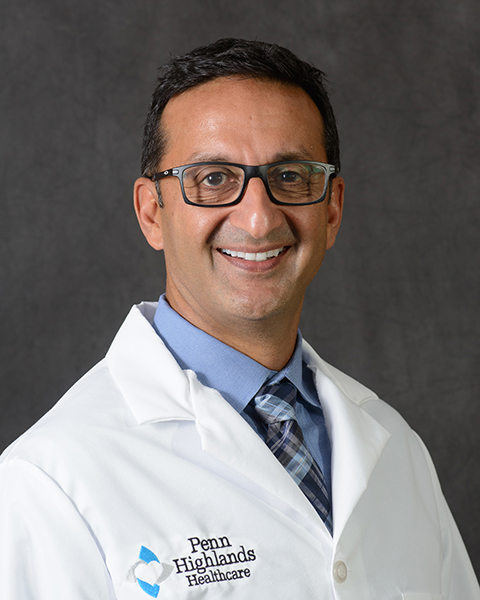



Emergency Medicine
Emergency Department - Brookville
Emergency Department and Trauma Center- DuBois
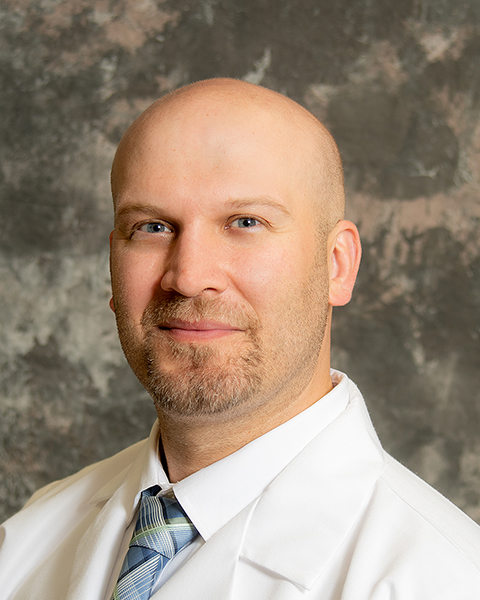
Emergency Medicine
Emergency Department - Brookville
Emergency Department - Elk
Emergency Department - Huntingdon
Emergency Department - State College
Emergency Department and Trauma Center- DuBois
Emergency Department- Tyrone

Emergency Medicine
Emergency Department - State College
Emergency Department- Tyrone

Emergency Medicine
Emergency Department - Brookville
Emergency Department - Clearfield




Emergency Medicine
Emergency Department - Brookville
Emergency Department and Trauma Center- DuBois
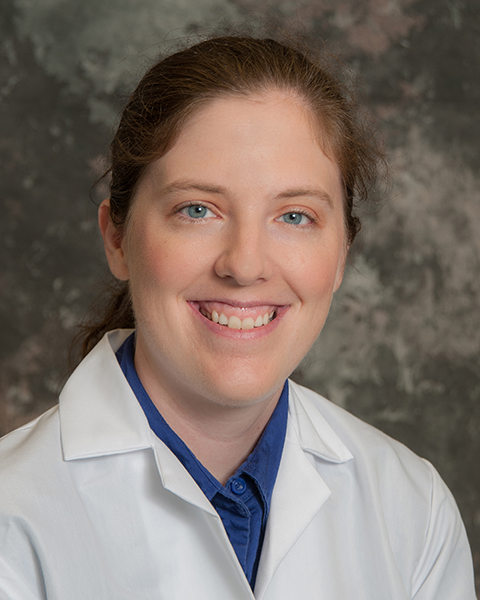





Emergency Medicine
Emergency Department - Huntingdon
Emergency Department - State College
Emergency Department- Tyrone

Emergency Medicine
Emergency Department - Huntingdon
Emergency Department- Tyrone


Emergency Medicine
Emergency Department - Connellsville
Emergency Department - Mon Valley

Emergency Medicine
Emergency Department - Huntingdon
Emergency Department - State College
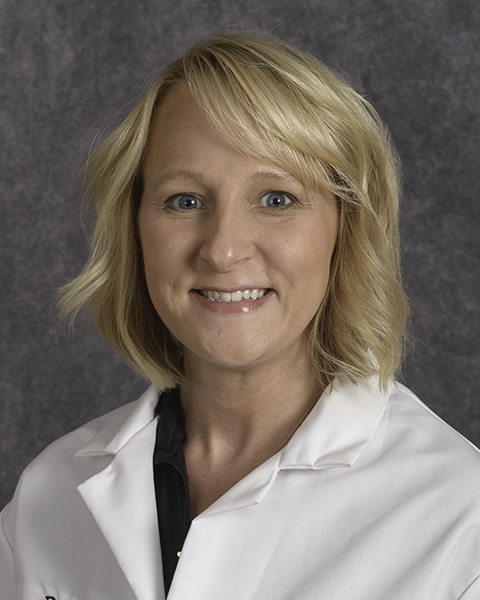
Emergency Medicine
Hospitalists
Emergency Department - Mon Valley
Penn Highlands Mon Valley

Emergency Medicine
Emergency Department - Elk
Emergency Department and Trauma Center- DuBois


Emergency Medicine
Emergency Department - Huntingdon
Emergency Department - State College

Emergency Medicine
Emergency Department - Huntingdon
Emergency Department - State College
Emergency Department- Tyrone

Emergency Medicine
Emergency Department - State College
Emergency Department and Trauma Center- DuBois

Emergency Medicine
Emergency Department - Brookville
Emergency Department and Trauma Center- DuBois

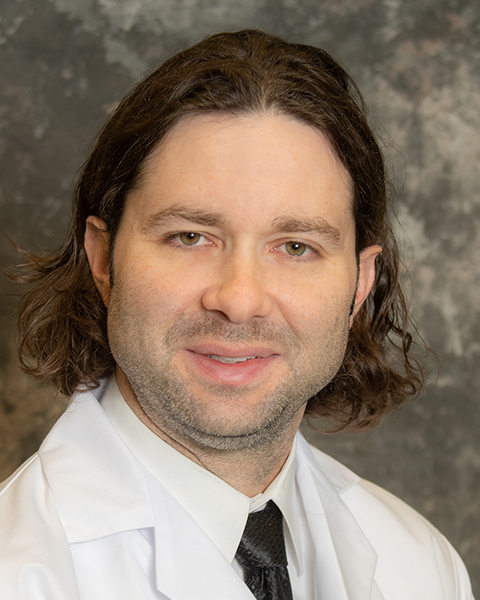
Emergency Medicine
Emergency Department - Elk
Emergency Department and Trauma Center- DuBois

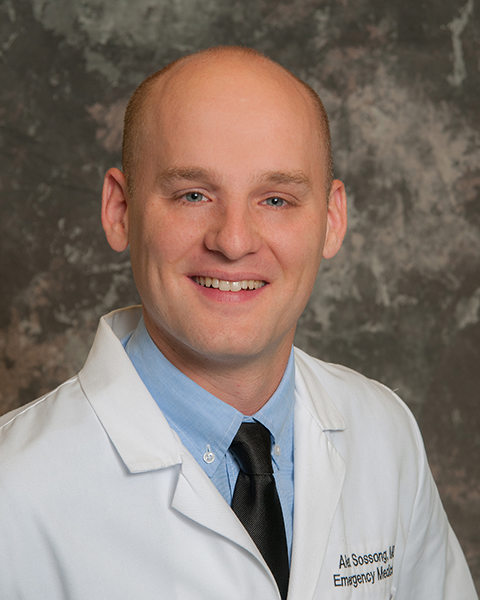




Emergency Medicine
Emergency Department - Clearfield
Emergency Department - Elk
Emergency Department and Trauma Center- DuBois

Emergency Medicine
Emergency Department - Connellsville
Emergency Department - Mon Valley

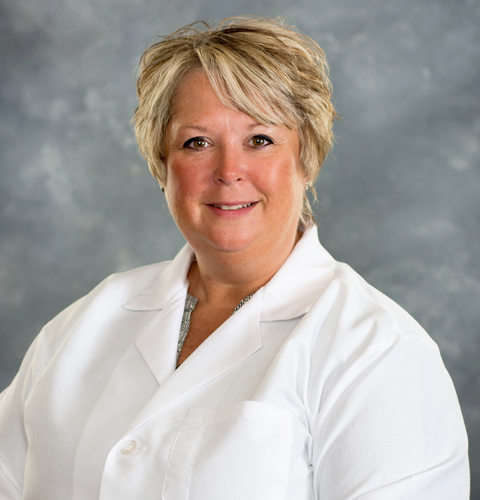
Emergency Medicine
Walk-in Clinic
Huntingdon Emergency Group PC
QCare HuntingdonA Service of Penn Highlands Huntingdon

Emergency Medicine
Emergency Department - Brookville
Emergency Department - Clearfield
Emergency Department - Elk
Emergency Department and Trauma Center- DuBois

Emergency Medicine
Emergency Department - Clearfield
Emergency Department - Huntingdon
How Would you Compare Primary vs. Comprehensive Stroke Centers?
Primary vs. comprehensive stroke centers is a comparison of stroke center levels, both of which lead to better outcomes for stroke patients. A primary stroke center has a dedicated stroke program, physicians and nurses who are specially trained in stroke care, patient involvement in care, data tracking, and ongoing process improvement standards. A comprehensive stroke center meets all the criteria and standards required of a primary stroke center and is also equipped and skilled to treat the most complex stroke patients. All stroke center levels are defined by the Joint Commission with comprehensive stroke center being the highest level of stroke care certification.
What are the Stroke Center levels?
Stroke center levels are designated by the Joint Commission to identify hospitals that meet certain criteria that have been proven to lead to better outcomes for stroke patients. There is one basic stroke level certification: Stroke Rehabilitation certification. This stroke center level recognizes hospitals that have a foundational approach to stroke care that includes standards, clinical practice guidelines, and performance measurement.
The four advanced stroke center levels are:
- Acute Stroke Ready Hospital (ASRH): This is a designation for a hospital or emergency room with a dedicated stroke-focused program. Penn Highlands Elk is ASRH certified and Penn Highlands Connellsville is in the process of becoming an Acute Stroke Ready Hospital.
- Primary Stroke Center (PSC): This designation signals a higher level of stroke care that includes a dedicated stroke unit or inpatient beds, enhanced staff training, and enhanced diagnostics and neurological services. Penn Highlands DuBois and Penn Highlands Mon Valley are Primary Stroke Centers.
- Thrombectomy-Capable Stroke Center (TSC): This certification is for advanced stroke centers that also provide endovascular procedures and post-procedural care.
- Comprehensive Stroke Center (CSC): The most rigorous of the stroke center levels, a comprehensive stroke center certification recognizes hospitals that have the capabilities to provide care and treatment for the most complex stroke cases.
Other stroke certifications have various stroke center levels, like the trauma center certifications, that rate stroke centers by numbers 1, 2 and 3, as described by the Get Ahead of Stroke national campaign.
How does a Primary Stroke Center track Patient Outcomes?
A primary stroke center, like the Penn Highlands Primary Stroke Centers in DuBois and Mon Valley, tracks clinical performance measures based on 10 patient outcomes. These outcomes include 8 inpatient stroke (STK) measures, 1 outpatient (STK-OP) measure, and 1 ischemic comprehensive stroke (CSTK-01) measure. These outcomes are reported to a national database and considered when issuing or renewing stroke certification.
Do Penn Highlands Emergency Rooms Provide Stroke Management?
All Penn Highlands emergency rooms are equipped and staffed to identify stroke patients early and provide proper interventions or quick transfers to the closest Primary Stroke Center. All of our ERs are staffed with expert ER physicians who quickly assess signs of stroke, order and analyze blood and imaging tests, and recommend the best line of treatment, which may include clot-busting medications or surgery. Whenever possible, our stroke management protocols at all Penn Highlands emergency rooms and hospitals ensure patients are assessed in less than an hour and treated as quickly as possible to minimize any long-term issues.
What is Viz.ai and How Does it Help Improve Stroke Management?
Viz.ai is an artificial intelligence program used in partnership with UPMC. The program reviews any images, such as CT scans, of suspected stroke patients and analyzes the images for bleeding in the brain (called a hemorrhagic stroke) or blockages stopping blood flow in the brain (called an ischaemic stroke). If the Viz.ai program detects bleeding or blockages, it flags these cases for immediate review by radiologists and physicians, which can greatly reduce the time it takes to treat stroke effectively. Typically, it takes anywhere from 30 minutes to 2 hours for images to be analyzed by a person. With Viz.ai, it takes minutes for the program to flag an image for a radiologist to review and initiate stroke management protocols.
What are Signs of a Stroke?
Signs of a stroke can arise quickly and in no particular order. A fast way to remember and check for stroke is BE FAST:
- Balance: Is there sudden loss of balance, coordination, or falling?
- Eyes: Is there unexpected vision loss in one or both eyes? Or is double vision occurring?
- Face: Does their face look uneven or droop on one side? Ask the person to smile.
- Arms: Does one arm drift down? Ask them to raise both arms.
- Speech: Does their speech sound slurred? Ask them to repeat a phrase.
- Time: Time is critical. Get medical help immediately.
If any of the above are present or if you are unsure, call 9-1-1 immediately or get your loved one to an emergency room as quickly and safely as possible. Our emergency stroke care teams ensure quick and proper stroke management wherever you are in central Pennsylvania.

